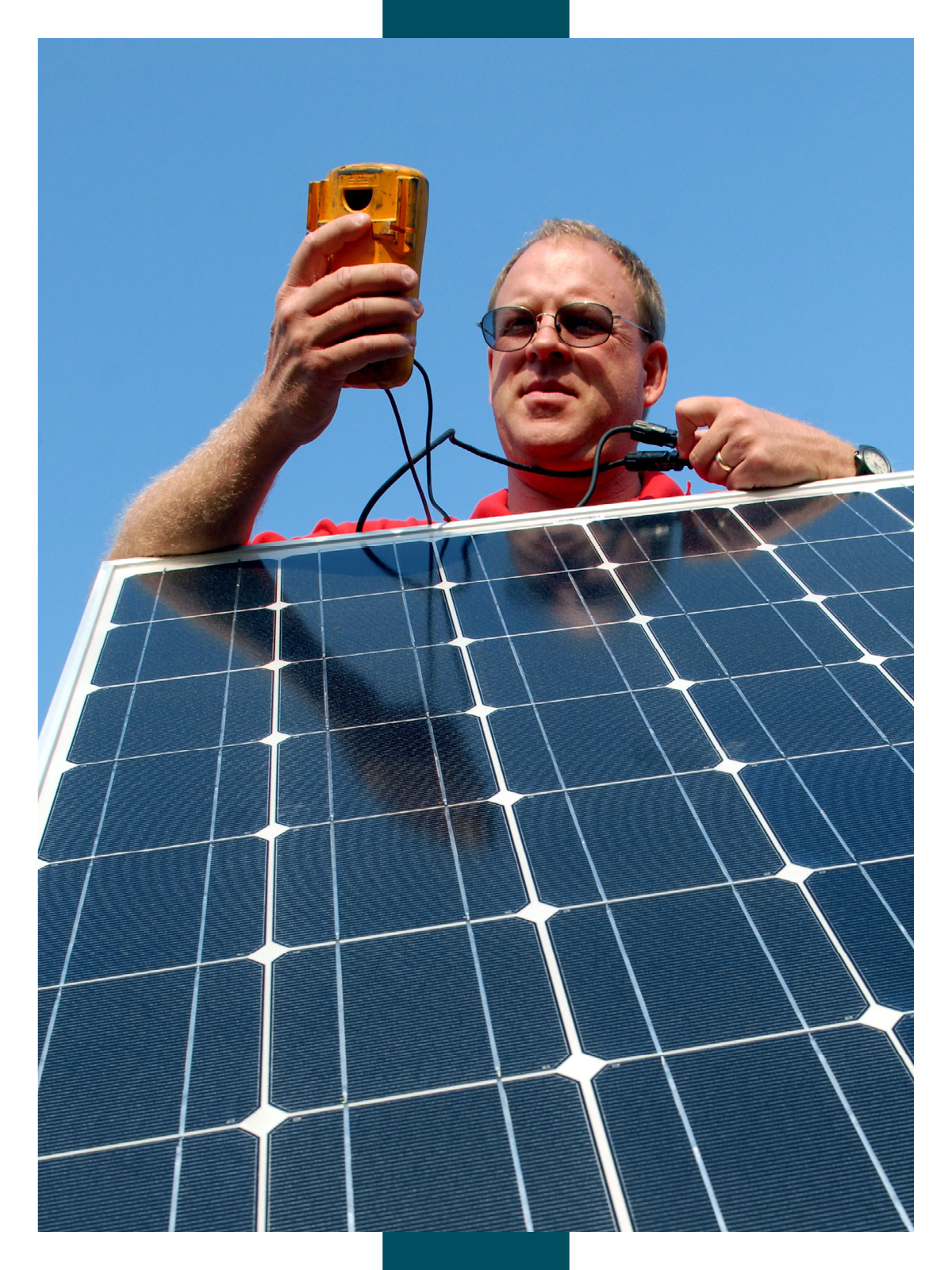
Gary Hawkins
Agricultural engineer Gary Hawkins serves as a water resource management and policy specialist for UGA Extension, educating the public and improving ways to harness the world's most critical resource.
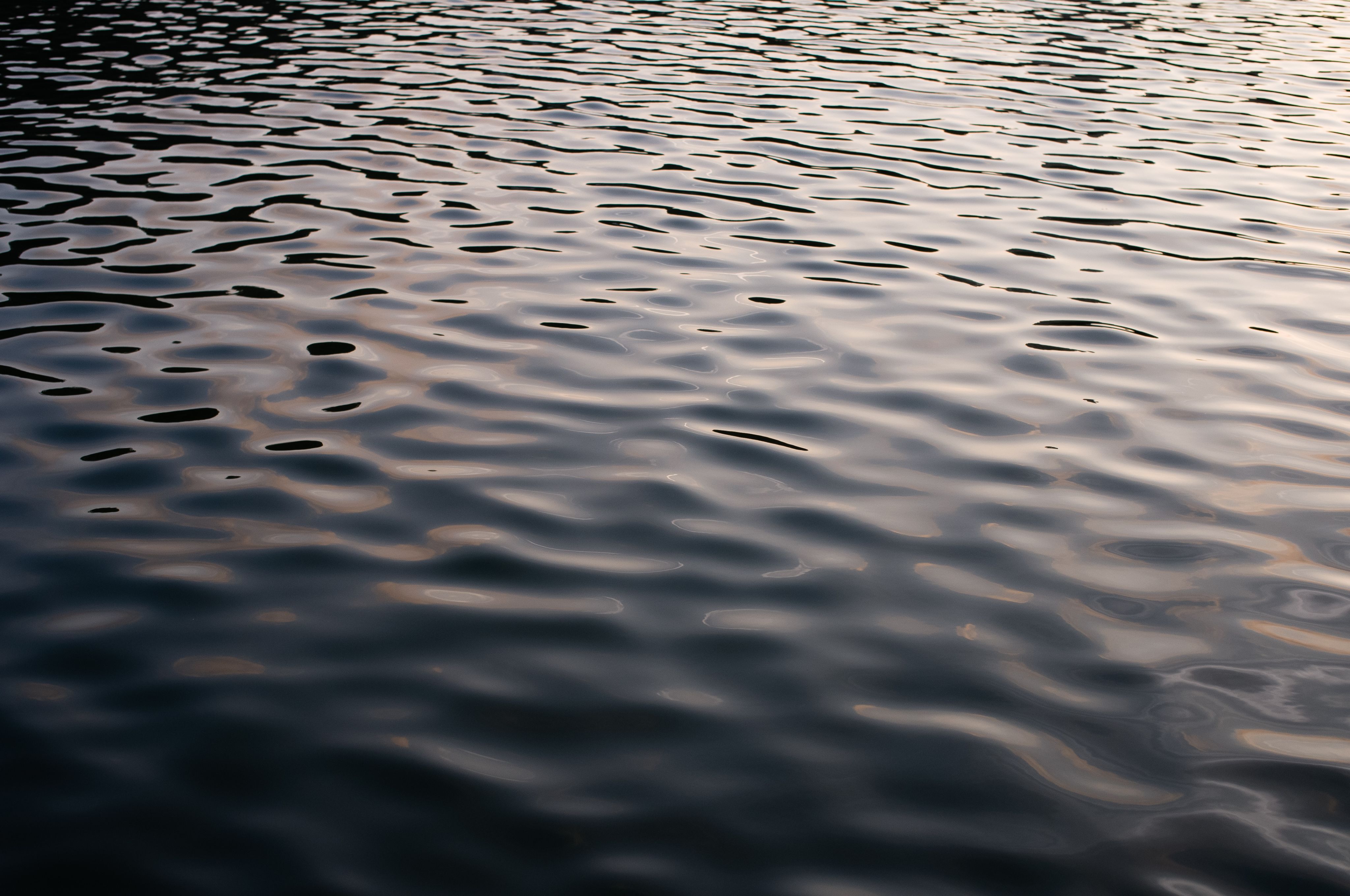
A member of the University of Georgia Department of Crop and Soil Sciences, Gary Hawkins is an agricultural engineer by training, with degrees from three orange universities around the Southeast — Clemson, Auburn and Tennessee.
“I was triangulating Georgia as a place to work,” Hawkins said, laughing. He studied overland flow with swine waste while attending Auburn University, and then anaerobic digestion of dairy waste at the University of Tennessee.
Between his years at Auburn and Tennessee, he worked as an environmental engineer for the Alabama Department of Environmental Management where he was in charge of permitting and closing landfills. He is not afraid to get dirty.
Hawkins started working for UGA's Tifton campus in April 2001 as the pollution prevention specialist. In that role, he worked with farmers, Extension agents, the U.S. Department of Agriculture Natural Resources Conservation Service, Soil and Water Conservation districts and other groups to promote, educate and assist in reducing erosion from land surfaces to protect water resources.
An important method to reducing soil erosion in agriculture is through conservation production systems (or conservation tillage) of farming. He has cooperated with the Seven Rivers Resource Conservation and Development Council to organize the Conservation Production Systems Conference in Baxley, Georgia.
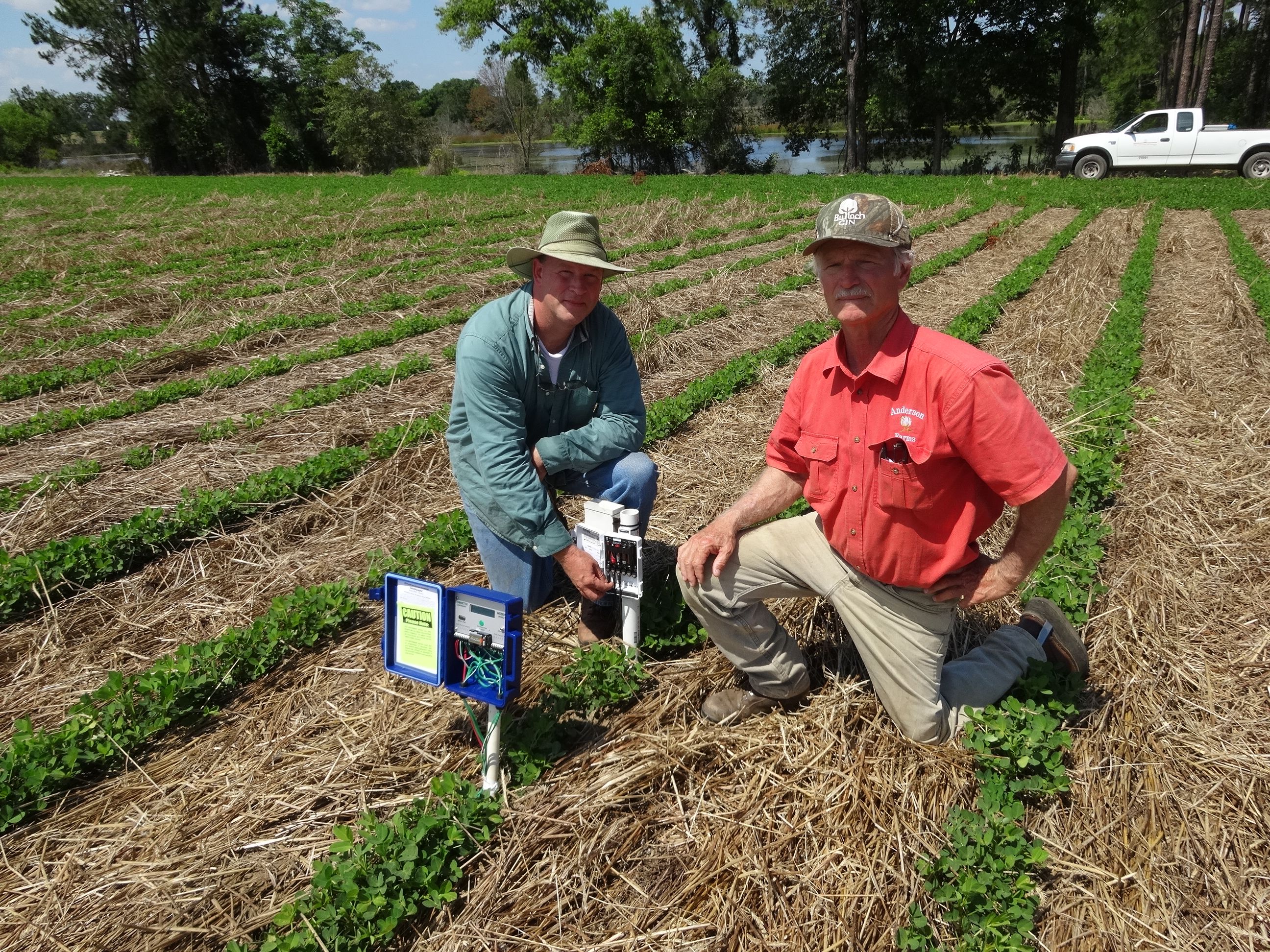
Hawkins (left) helps to install a soil moisture sensor station among crop rows.
Hawkins (left) helps to install a soil moisture sensor station among crop rows.
Beginning in 2015, Hawkins became the UGA CAES water resource management and policy specialist and is based at the J. Phil Campbell Research and Education Center in Watkinsville. In this role, he continues to work with these groups and others to improve water quality and quantity in Georgia and the greater Southern region.
Hawkins’ Extension programming involves erosion control, water resource management, water conservation, stormwater management, well water, on-site waste treatment and alternative energy. His website, extension.uga.edu/water, has information about all of these topics.

Hawkins climbs into a drop-inlet box under Atlanta's Capitol Avenue to install water samplers for monitoring stormwater leaving the bioretention basin, used to reduce water flow and improve water entering the Atlanta Combined Sewer System.
Hawkins climbs into a drop-inlet box under Atlanta's Capitol Avenue to install water samplers for monitoring stormwater leaving the bioretention basin, used to reduce water flow and improve water entering the Atlanta Combined Sewer System.
He shares his knowledge with people at all stages of life, offering educational programs through agent trainings, workshops, conferences and field days and reach a wide audience including Extension agents, various civic groups, school-age children, college students and industry practitioners.
“Water is one of those things we use every day but sometimes I think take for granted,” he said. “There are a lot of interesting things about water — so when you have the opportunity, learn a little and share with others.”
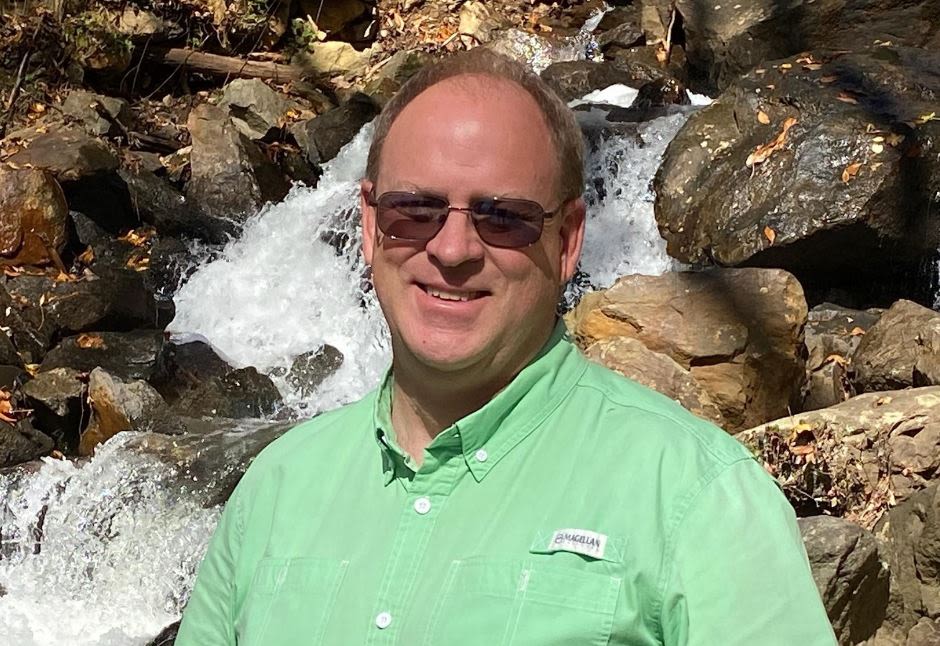
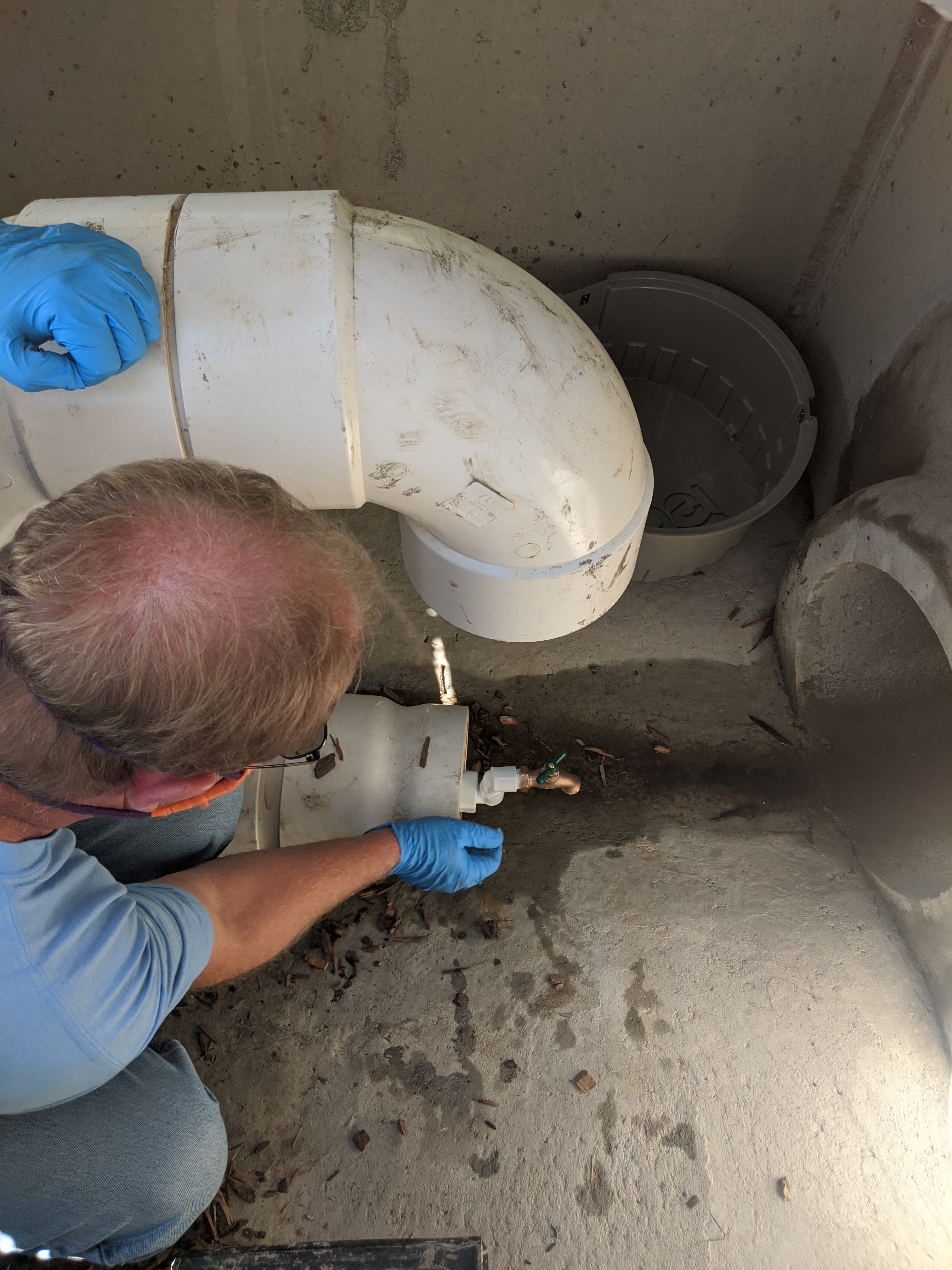
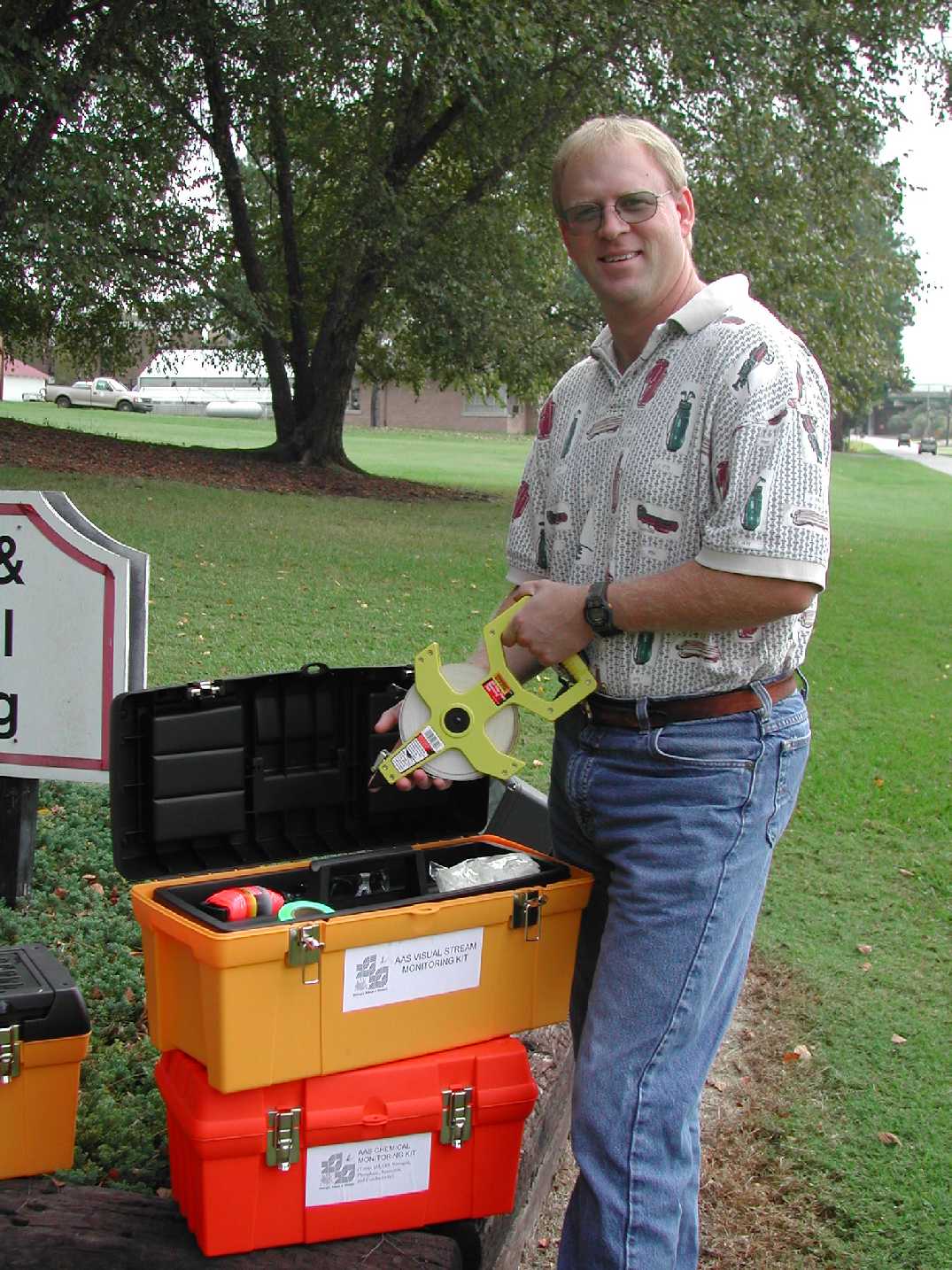
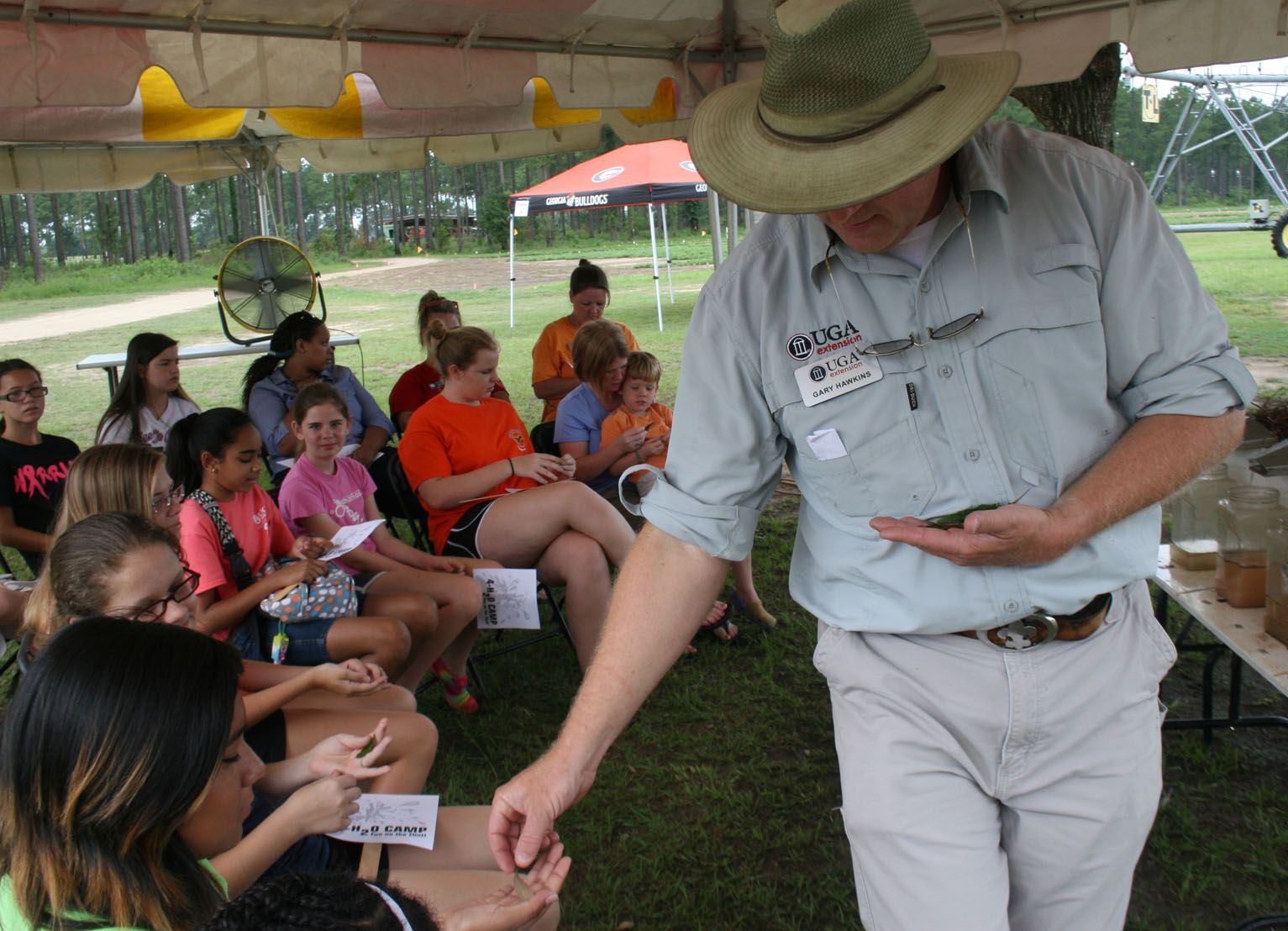

Hawkins visits a local waterfall.
Hawkins visits a local waterfall.

Hawkins works from inside of a drop inlet box using a grab collection system.
Hawkins works from inside of a drop inlet box using a grab collection system.

Hawkins opens up an Adopt-A-Stream Visual Stream Monitoring Kit.
Hawkins opens up an Adopt-A-Stream Visual Stream Monitoring Kit.

Hawkins presents a lesson during the 4-H2O camp held at C.M. Stripling Irrigation Research Park in Camilla, Georgia.
Hawkins presents a lesson during the 4-H2O camp held at C.M. Stripling Irrigation Research Park in Camilla, Georgia.
Hawkins also provides annual updates to the Georgia Pest Management Handbooks on the proper calibration of sprayers in order to provide proper pest control while also protecting water resources.
He contributes to sustainable integrated pest management, a growing field, in other ways. His work in water resource management helps reduce aquatic weed pressures by helping control nutrient movement from the land to the water. And his contributions to conservation production systems also help to reduce pest pressures in agricultural production.
Hawkins has been married for 28 years, and he and his wife have two daughters.
He is an Eagle Scout and also a registered Girl Scout Leader. He has trained other Girl Scout Leaders how to teach the “Wonders of Water” Journey and other outdoor skills. He enjoys helping his daughter’s troop and other leaders learn ways to enjoy the outdoors while protecting water and soil resources.


